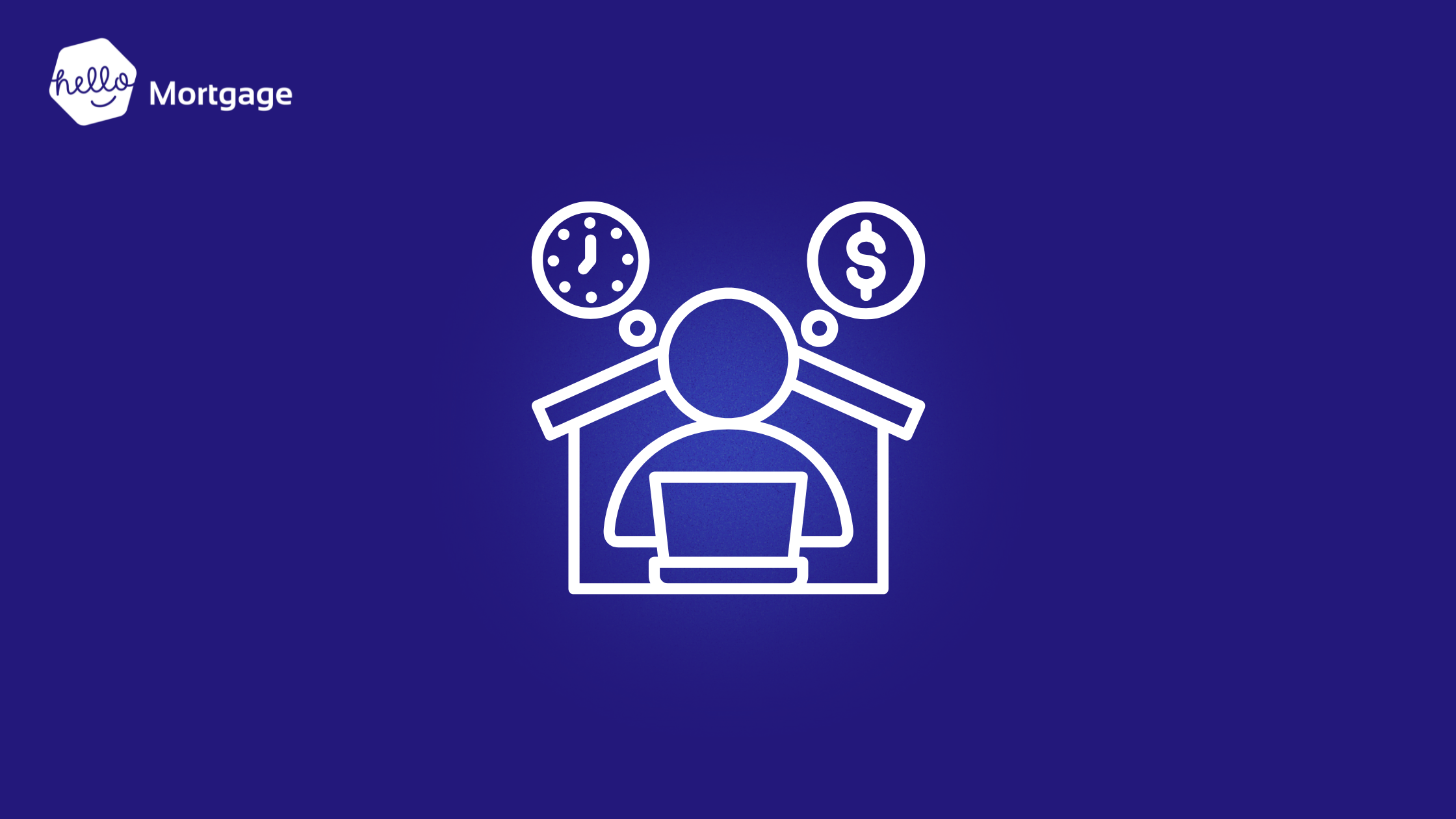Self-employed mortgages: What you need to know
Getting a mortgage when you’re self-employed can seem daunting, but it doesn’t have to be. Lenders may have different requirements for business owners, freelancers and contractors, but with the right preparation, such as gathering SA302 forms and proving consistent income, you can make the process much smoother. This guide explains how lenders assess self-employed applicants, what documents you’ll need and how expert mortgage advice can help you secure the right deal for your circumstances.
Mortgages can be complex, whether you’re a first-time buyer or remortgaging. Changes in the mortgage industry and your personal circumstances mean the process can differ significantly over time. This is especially true for self-employed borrowers, as lenders tend to have varying criteria compared to those for salaried workers.
Who is classed as self-employed?
You might assume that receiving regular paychecks means you’re treated like a salaried employee, but lenders often classify you differently. For example, if you own more than 10-20% of the shares in a business, many lenders will consider you self-employed. Since this varies from lender to lender, it’s important to check your specific situation with them.
For self-employed individuals, getting a mortgage can be a bumpy and confusing ride; a lot of self-employed people use a mortgage lender for this reason be able to navigate their mortgage and be able to get the best mortgage they can for their situation.
What does being classed as self-employed mean for your mortgage?
If a lender views you as self-employed, the application process comes with some additional requirements:
- Proof of income: Self-employed applicants must provide more detailed evidence of earnings. Typically, lenders require at least two years of finalised tax calculations and reports for your business.
- Business longevity: Most lenders prefer your business to have been operating for at least two years. Some may consider a shorter period, but two years provides stronger assurance of a stable income.
- Income stability: Unlike salaried workers with fixed monthly pay, self-employed income can fluctuate. Lenders look for consistent earnings over time and expect you to provide a reasonable estimate of your income to demonstrate financial stability.
- Credit Score and affordability checks: Credit score checks are always needed when getting any loan or mortgage; however, for a self-employed individual, the checks are a little more in-depth and rigorous.
What proof of funds do you need?
SA302 and Tax Year Overview forms are crucial documents for self-employed borrowers. These forms show your income for a specific tax year and are commonly required by lenders to verify your earnings. Typically, lenders ask for two to three years of SA302 forms to confirm a stable income.
You can access these forms online via Get your SA302 tax calculation - GOV.UK or request them by post if necessary.
Conclusion
Getting a mortgage when you're self-employed may involve a few extra hurdles, but with the right preparation and guidance, it's absolutely achievable.
Understanding how lenders assess your income, having the right documents ready, and knowing what to expect can make the process far smoother. If you're unsure where to start, speaking to an experienced mortgage adviser can help you navigate the options available and find a deal that works for your unique circumstances.
Please note your home may be repossessed if you do not keep up repayments on your mortgage.




